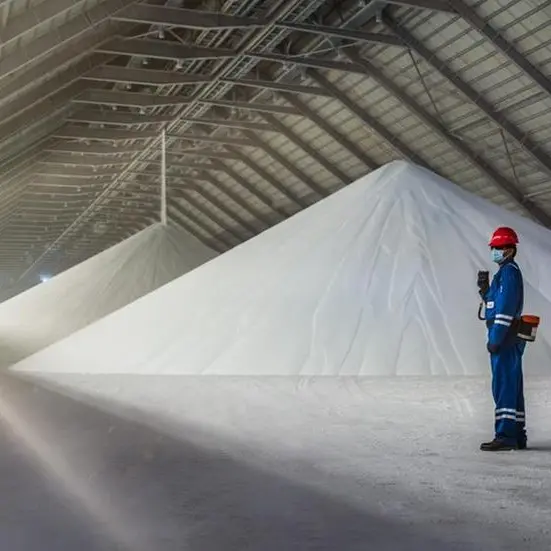Green banana flour is low in sugar and high in resistant starch type 2. Resistant starch has prebiotic properties and increases the number of beneficial bacteria in the gut. This gluten free flour, which is rich in potassium, is very rich in starch, therefore one will use a much smaller volume of the banana flour when compared to other flours.
Nezox Brands, from Mupangwa, Honde Valley, Mutasa, in Manicaland, Zimbabwe is working on scaling its banana flour production. “I realized that 25-30% of small holder banana farmer’s produce was being lost due to high post-harvest losses, so we started Nezox Brands as a way to reduce this,” says Bright Nezomba, founder of Nezox brands.
Post-harvest losses remain a huge challenge in this part of the world. In general, post-harvest losses for grains are estimated to be between 20 to 30% due to storage issues alone. These post-harvest losses can be as high as 40% when field, transportation, handling, and processing losses are included. A study focused on post-harvest losses to agricultural product traders in Mutare shows that post-harvest losses significantly hinder the growth and viability of the fruits and vegetable sector.
About 80% of the bananas consumed in Zimbabwe come from Manicaland province. The majority of the bananas come from a mix of small commercial and subsistence farmers. Bananas are second only to potatoes in terms of revenue generation at Mbare Musika in Harare, which Zimbabwe’s biggest market. Local banana production is only able to meet about 50% of Zimbabwe’s banana requirements. Bananas are mostly consumed as a snack or in desserts and not traditionally cooked as part of the staple diet as is the case in places like Uganda.
Adding banana flour and other products such as sun-dried banana snacks could help improve revenues for these rural banana farmers. Nezox brands has a 2-hectare plantation of bananas in Honde Valley and complements this by buying bananas from surrounding small holder farmers.
Bright Nezomba, who has a diploma in commercial farming, also works to help the local farmers improve their farming practices. “Some of the issues which arise due to poor agronomic conditions include, bruising, late transportation, overripening, pest damage and sunburns. This means farmers are not able to market 100% of their produce regardless of grades and sizes. Before reduction of high post-harvest losses in the area, people were throwing away significant amounts of their produce and little was consumed,” says Bright.
Bright says that trying to set up an industry in rural areas is quite expensive, but he is working on expanding his current operation from 4 to 30 staff members. His operations are currently running with an off grid solar PV system. Banana flour is a bit expensive when compared with normal flour at the moment. A kilogram of banana flour can go for as much as twice the normal price of a packet of wheat flour.
Banana flour offers good value as it is very rich in starch, therefore one will use a much smaller volume of the banana flour. Nezox is working on bringing down the price as it scales. The flour can be baked, blended, or consumed as instant porridge, and has been well received in the market, according to Bright. “We get a lot of questions on how the flour is produced, and people are always curious to taste it. All who have tasted it have loved it so far and are requesting for more.”
Nezox is also working on automating more sections of its process. “Currently, the slicing process is labor intensive because we are using manual slicing. We also outsource the milling to local millers meaning that there is a challenge of mixing with maize meal residue at times.”
The company is working on sourcing its own dedicated milling plant. Nezox has won several awards, including a value creation challenge. It was also part of the Eagles Nest Youth Exporters Incubation program to get their products to meet export requirements. But first it needs to scale up production to address the local demand.
Storage and transportation issues are cited as some of the major contributors to post-harvest losses. Off-grid solar coupled with electric mobility, along with cold chain solutions will help transform this rural economy, boosting food production and improving the livelihoods of these smallholder farmers. Accelerating the penetration of electric 3- and 4-wheelers in these rural communities will help address the transport challenges.
© Copyright The Zimbabwean. All rights reserved. Provided by SyndiGate Media Inc. (Syndigate.info).




















